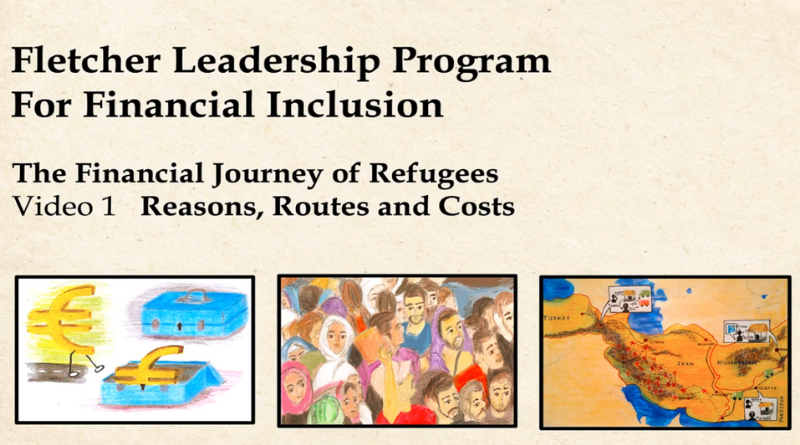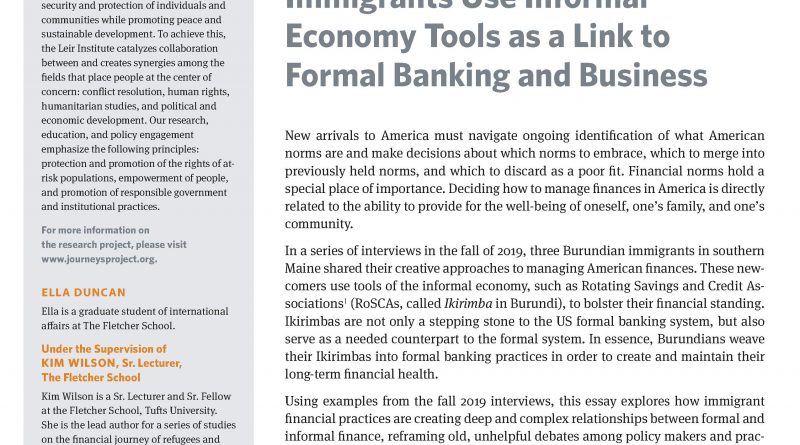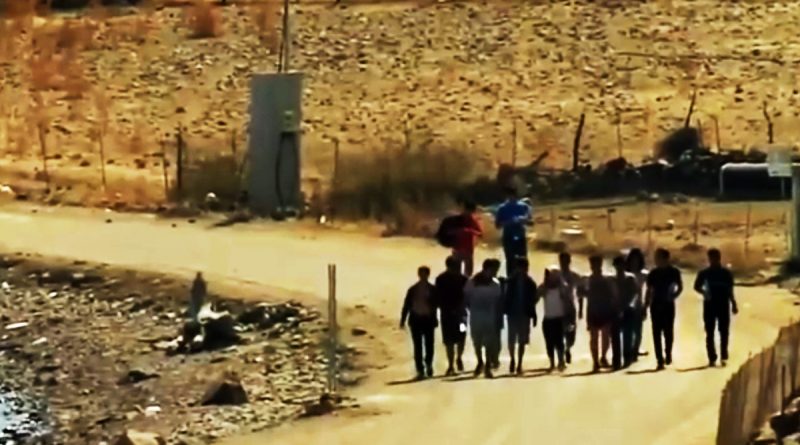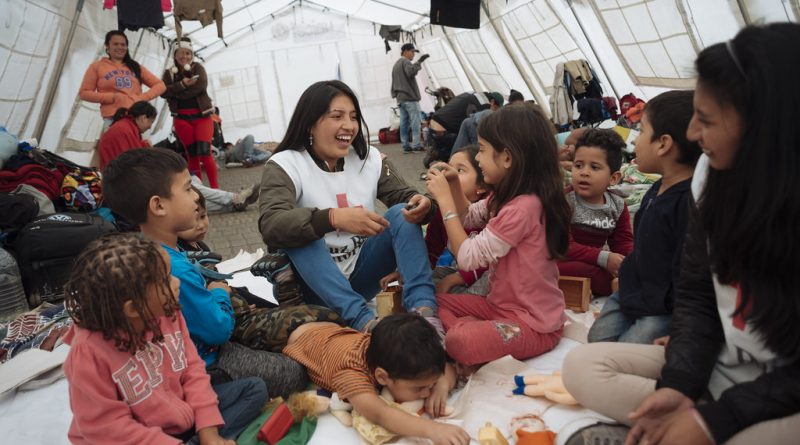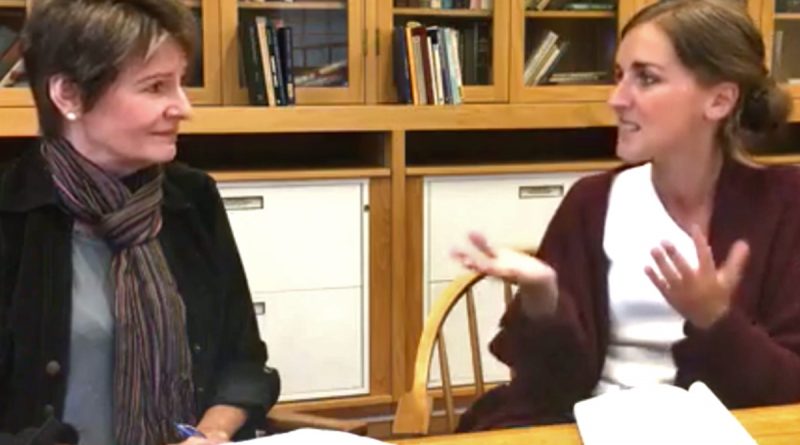By Ella Duncan, under the supervision of Kim Wilson. New arrivals to America must navigate ongoing identification of what American norms are and make decisions about which norms to embrace, which to merge into previously held norms, and which to discard as a poor fit. Financial norms hold a special place of importance. Deciding how to manage finances in America is directly related to the ability to provide for the well-being of oneself, one’s family, and one’s community. In a series of interviews in the fall of 2019, three Burundian immigrants in southern Maine shared their creative approaches to managing American finances.
Read More


